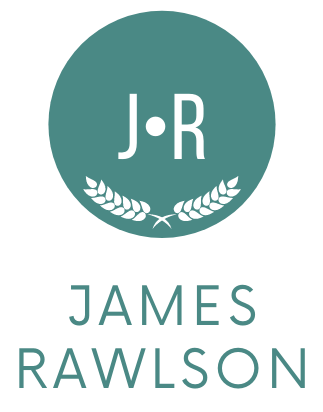
(source: lawyergeneral.com)
In many personal injury cases, emotional distress is a major aspect of the recovery procedure. From the outside perspective, people rarely consider the grief that comes from not being able to go on a stroll after work, the impact on one’s love life, or the belittlement of having to constantly ask for help when thinking about the recovery process for a broken leg. People seldom consider the pain of not being able to work with one’s hands, return a firm handshake, or play a game of catch when addressing the recovery for a damaged thumb. Often, if you are successful in winning a personal injury lawsuit, you can qualify for additional compensation for pain and suffering respective to your injuries.
The amount and accessibility of compensation for emotional grievances is heavily dependent on the nature and causation of the injury, and the jurisdiction in which the lawsuit is filed. Even if you don’t file a suit in court, a negotiation may be arranged through insurance to compensate you for emotional damages.
The list of symptoms that may qualify for emotional damage occupy a wide basket – sleep loss, depression, anxiety, despair, broken relationships, loss of enthusiasm or energy, suicidal thoughts, many from a long list of phobias, etc. Needless to say, evidence of emotional distress must be evident and true for the plaintiff to be convincing of a real need. After all, it isn’t uncommon for victims to feign emotional damage in order to cash in on a higher settlement. But if the need exists, don’t be abashed in addressing it in court, or among your insurers. Emotional damages are a dynamic aspect of many personal injury cases, and shouldn’t warrant embarrassment, loss of pride, or personal humiliation.
